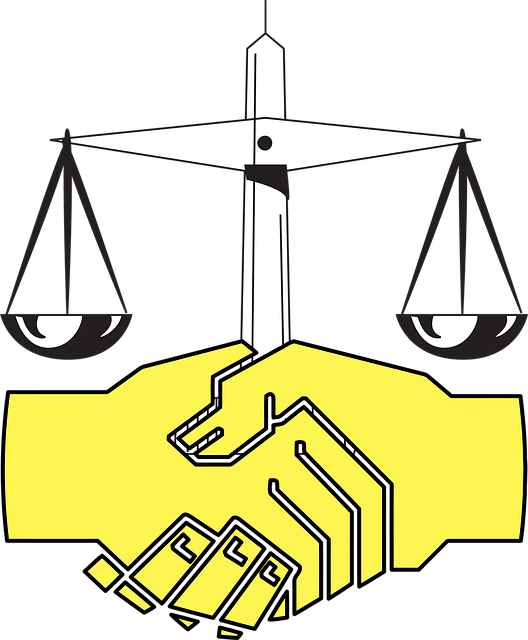RF Regulatory Agencies enforce international standards for RF emissions, ensuring product safety and consumer protection. In cases of alleged harm, they lead investigations, offering guidance on liability. Understanding their process is crucial for navigating civil litigation involving RF exposure claims. Consumers have legally protected rights during these inquiries, and businesses must cooperate to safeguard interests. Knowledge of consumer rights and white-collar crime dynamics aids in managing complex regulatory matters, potentially resulting in dismissal if non-compliance isn't proven.
“RF Regulatory Agencies play a pivotal role in safeguarding consumers from potential harm caused by radiofrequency (RF) devices. This article unravels the intricate process of their investigations, from receiving consumer complaints to reaching resolutions. We delve into the rights and legal avenues available to individuals during these inquiries, emphasizing the importance of understanding consumer rights in civil litigation. By exploring these aspects, we aim to empower consumers and shed light on their protections under RF agency oversight.”
- The Role of RF Regulatory Agencies in Protecting Consumers
- Understanding the Investigation Process: From Complaints to Resolutions
- Consumer Rights and Legal Recourse During RF Agency Investigations
The Role of RF Regulatory Agencies in Protecting Consumers

RF Regulatory Agencies play a pivotal role in protecting consumers from harmful or unsafe radiofrequency (RF) emissions. By enforcing regulations set forth by international standards, these agencies ensure that consumer products emit RF radiation within safe limits. This not only safeguards public health but also provides an important framework for understanding consumer rights in civil litigation related to RF exposure.
In cases involving potential RF-related harm, regulatory agencies conduct thorough investigations and offer guidance on liability. While general criminal defense strategies may apply, the focus often shifts towards product safety and compliance with regulations. In instances of alleged misconduct or non-compliance, particularly in the realm of white-collar and economic crimes, a comprehensive understanding of these regulations can lead to the complete dismissal of all charges if violations are not established.
Understanding the Investigation Process: From Complaints to Resolutions

Understanding the investigation process is key to navigating RF Regulatory Agency inquiries. When a complaint is filed regarding potential violations of radio frequency (RF) regulations, the agency conducts a thorough examination. This involves reviewing evidence, interviewing relevant parties, and analyzing technical data to determine if a violation has occurred. The entire process is designed to ensure fairness and due process for all involved, with a particular focus on understanding consumer rights in civil litigation.
Resolutions can range from formal warnings to complete dismissal of all charges, depending on the severity of the alleged infraction and the agency’s assessment. For those facing RF-related legal issues, employing a general criminal defense strategy can be beneficial. This includes gathering evidence to support your case, challenging the agency’s findings, and negotiating potential settlements or alternative resolutions. Understanding both consumer rights and the dynamics of white collar and economic crimes is crucial in navigating this complex regulatory landscape.
Consumer Rights and Legal Recourse During RF Agency Investigations

During RF Regulatory Agency investigations, consumers have specific rights that are protected by law. These rights provide a framework for legal recourse if any violation occurs during the investigation process. Understanding consumer rights in civil litigation is crucial, especially when dealing with potential white collar and economic crimes. Consumers can seek compensation or restitution for any financial losses incurred due to these violations.
The respective business entities have a responsibility to uphold ethical standards and protect consumer interests. In the event of an RF Agency investigation, a robust white collar defense strategy should focus on ensuring transparency, cooperation, and adherence to regulatory guidelines. This not only safeguards the rights of consumers but also strengthens the legal position of the business in any subsequent civil litigation.
RF Regulatory Agency investigations play a vital role in protecting consumers by ensuring compliance with radio frequency (RF) standards. From handling complaints to reaching resolutions, this process safeguards consumer rights and provides legal recourse under civil litigation frameworks. By understanding the investigation process and their inherent rights, individuals can navigate these situations effectively while holding RF device manufacturers and distributors accountable for any violations or safety concerns.






